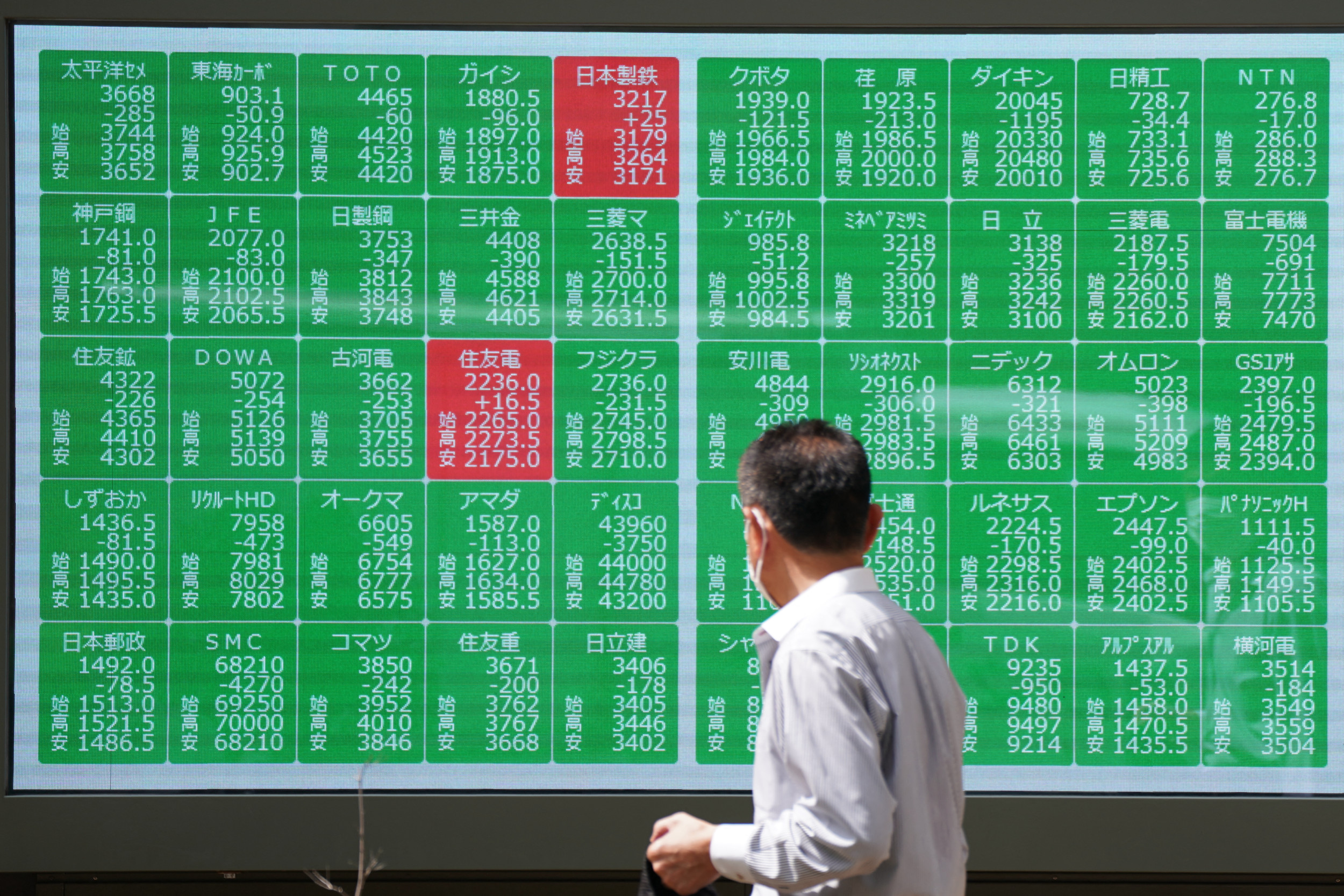Jobs
Stock market plunge sparks recession fears

Stock markets across Asia plunged on Monday following weak jobs data coming out of the U.S., sparking fears of a recession in the world’s largest economy.
Japan’s Nikkei 225 index dropped by 13 percent at its lowest, which was its biggest single-day rout since “Black Monday” in October 1987. This sell-off wiped out the Nikkei 225’s gains for the year.
The global market turmoil was triggered by the release of a highly anticipated report on Friday that said the U.S. economy added 114,000 jobs last month, far fewer than expected. The jobless rate also climbed to its highest level since October 2021.
Investors took these as signs of a weakening U.S. economy, leading to a widespread sell-off in global markets.
Other Asia-Pacific markets also tumbled—including in South Korea, Taiwan and Australia—mirroring the sharp drop seen on Wall Street.
European markets also saw declines, but to a less dramatic extent than in Asia.
Along with the U.S. jobs data, another contributing factor was the Bank of Japan raising its benchmark interest rate on Wednesday, after which share prices in Tokyo began to fall.
The activities in Japan’s stock market are significant because global investors view the Japanese market as indicative of global trade.
AZUHIRO NOGI/AFP via Getty Images
Yoshimasa Hayashi, a spokesperson for the Japanese government, said it “will continue to stay on its toes and monitor market developments with keen interest,” Agence France-Presse reported.
“We’re aware there are various evaluations regarding the stocks plunge this time around, and about the status of the Japanese economy, but the government will continue its efforts to completely break free of deflation and to transition to a growth-driven economy,” he continued.
The U.S. jobs data triggered the “Sahm Rule,” known to be one of the most accurate recession indicators.
The rule signals the start of a recession when the three-month moving average of the unemployment rate rises by at least half a percentage point higher than the 12-month low.
However, Claudia Sahm, the economist who created the rule, said that while there were worrying signs, the U.S. is not currently in a recession.
Sahm told Fortune on Friday that people should not be in “panic mode” over the data, as there are still other key economic measures that are looking positive, such as growing household income, and consumer spending and business investment remaining resilient.
“We are not in a recession now — contrary the historical signal from the Sahm rule — but the momentum is in that direction,” Sahm told CNBC on Friday. “A recession is not inevitable and there is substantial scope to reduce interest rates.”
Goldman Sachs economists have raised their forecast for the likelihood of a U.S. recession in the next year to 25 percent, up from their previous estimate of 15 percent, Bloomberg reported.
They added in a report to clients on Sunday that they still viewed the recession risk as “limited.”
They added that the Federal Reserve has a lot of room to cut interest rates and can do so quickly if needed.
Some economists have criticized the Federal Reserve for being too slow to cut interest rates.
On Wednesday, the central bank acknowledged signs of a slowing economy but decided not to cut interest rates at this time. It has kept them between 5.25 percent and 5.5 percent since July 2023. However, officials hinted at a potential rate cut in September.
The Federal Reserve declined to comment in an emailed response to Newsweek.
Global fears have been growing because of concerns that include ongoing tensions in the Middle East and several weak earnings reports from major technology firms last week amid increasing investor doubts about the returns from AI investments.










